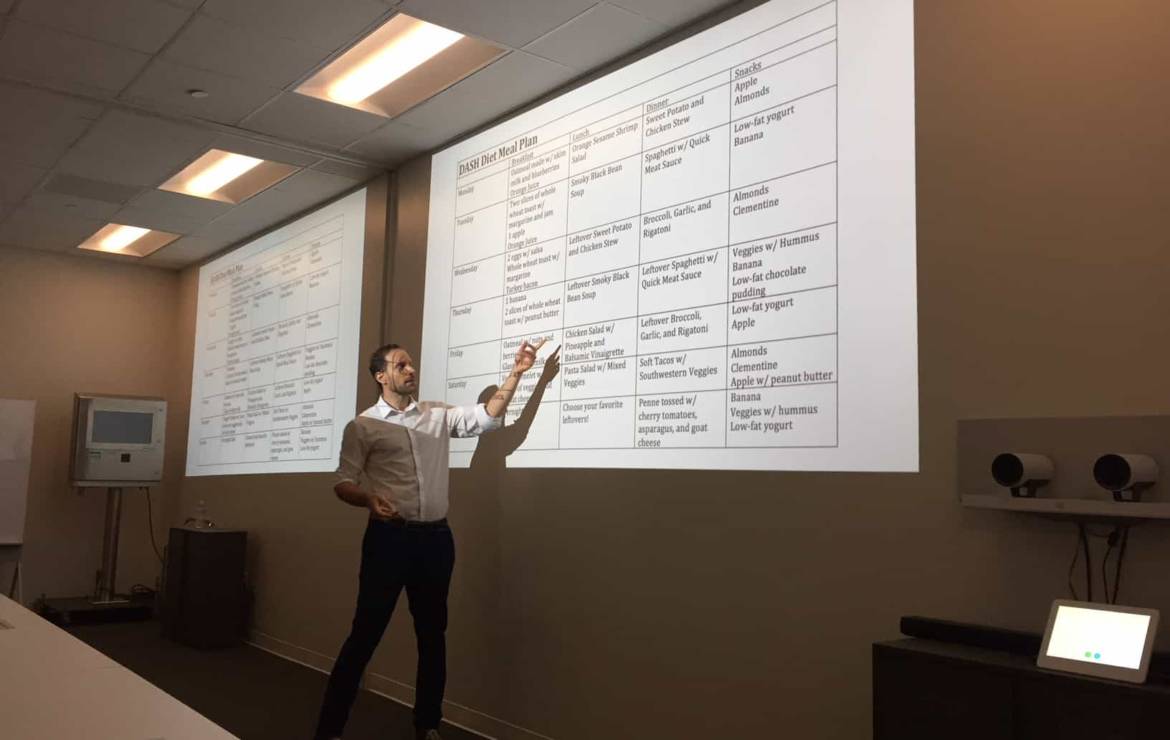The Difference Between a Nutritionist and a Registered Dietitian Nutritionist (RDN)
I am often asked about the difference between my title,
“Registered Dietitian Nutritionist” (RDN), and a “nutritionist”. Many people use the two interchangeably, but there are significant differences between them. 

Registered Dietitian Nutritionist (RDN) |
Nutritionist |
|
|---|---|---|
Accredited Degree |
ACEND approved Bachelors Degree | Not required |
Graduate Degree |
Held by more than 50% of RDNs. Will be requirement beginning in 2024 |
Not required |
Accredited Supervised Practice |
1200 ACEND approved supervised practice hours |
None |
National Examination |
Required | Not Eligible |
Continuing Education |
Required throughout entire career with audits every 2.5 years |
Not maintained |
Adherence to Code of Ethics |
Yes | No |
Regulated by State License
|
Yes | No |
Services reimbursed by health
|
Yes | No |
Recommendations backed by current reliable research |
Yes | Unknown |
Trusted to work for hospitals, schools, professional & collegiate sports teams, public health departments, and clinical research |
Yes | No |
Other Differences Between a Nutritionist and a Registered Dietitian
Nutritionist.
Recommendations
It’s important to note that a dietitian’s recommendation is based on scientific information. This information can come
from peer-reviewed articles, medical journals, or other professional sources. In contrast, an unlicensed nutritionist
can get information from anywhere and is not held accountable for using reliable information. When visiting a health professional, you want to make sure that you’re not being sold on the latest, baseless fad, but rather real, scientific, research-based and evidence-backed information that can truly improve your health.
Code of Ethics
Registered Dietitian Nutritionists must abide by a code of ethics that requires them to refrain from giving false or misleading information, protect a client’s privacy like any other clinician,
and assume lifelong accountability and responsibility for personal competence in practice, to name just a few.(You can view the full code of ethics here.) All this is intended to help consumers feel confident that by choosing a Registered Dietitian Nutritionist, they’re getting the most professional care that will help them achieve their nutrition goals.




